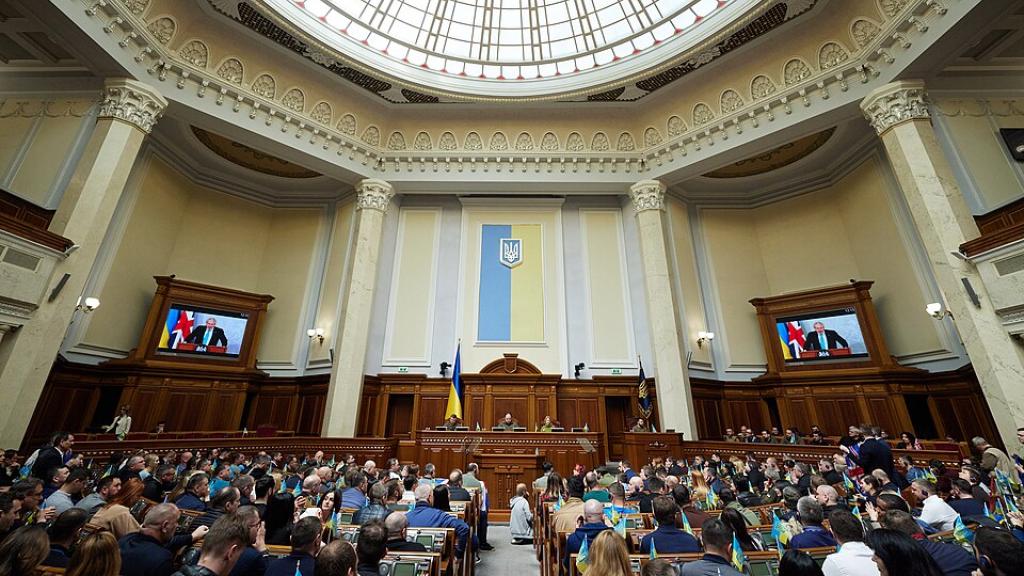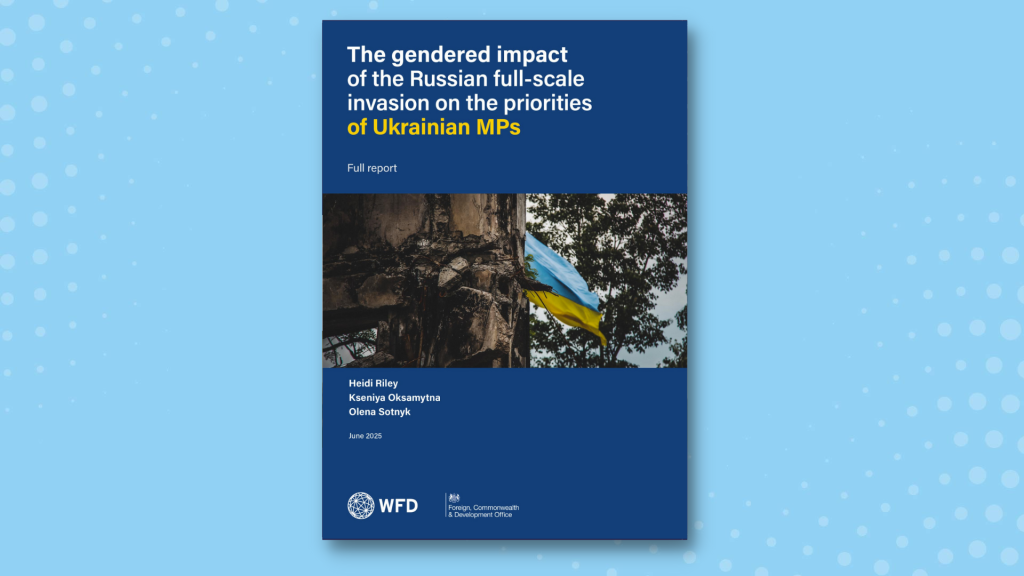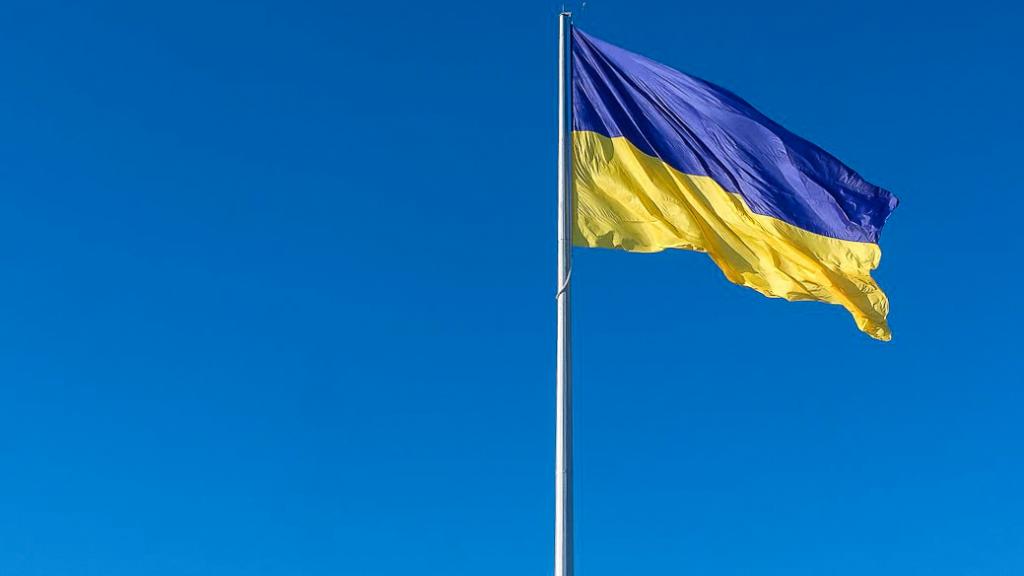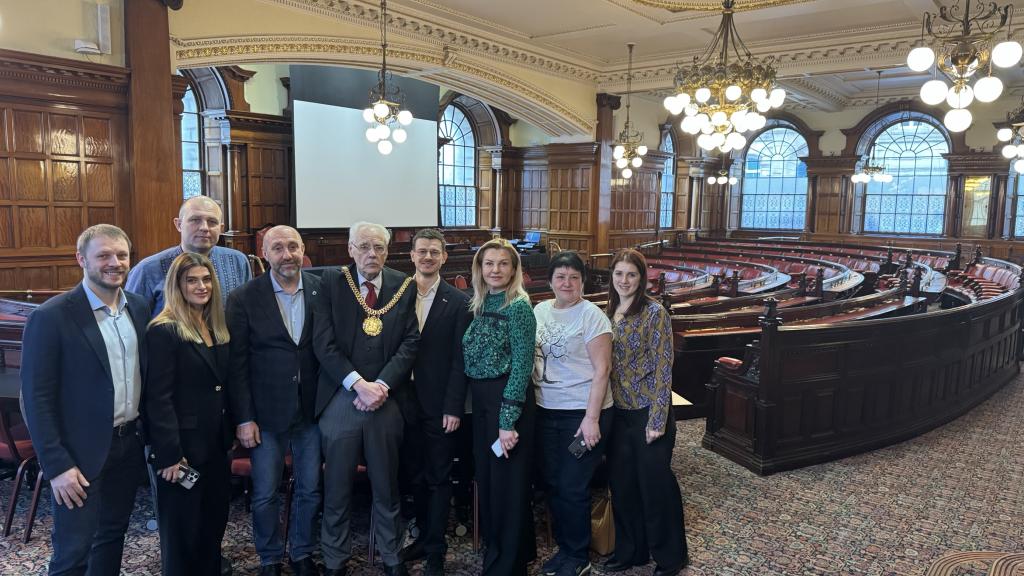Ukrainian MPs discuss transformational reconstruction and recovery
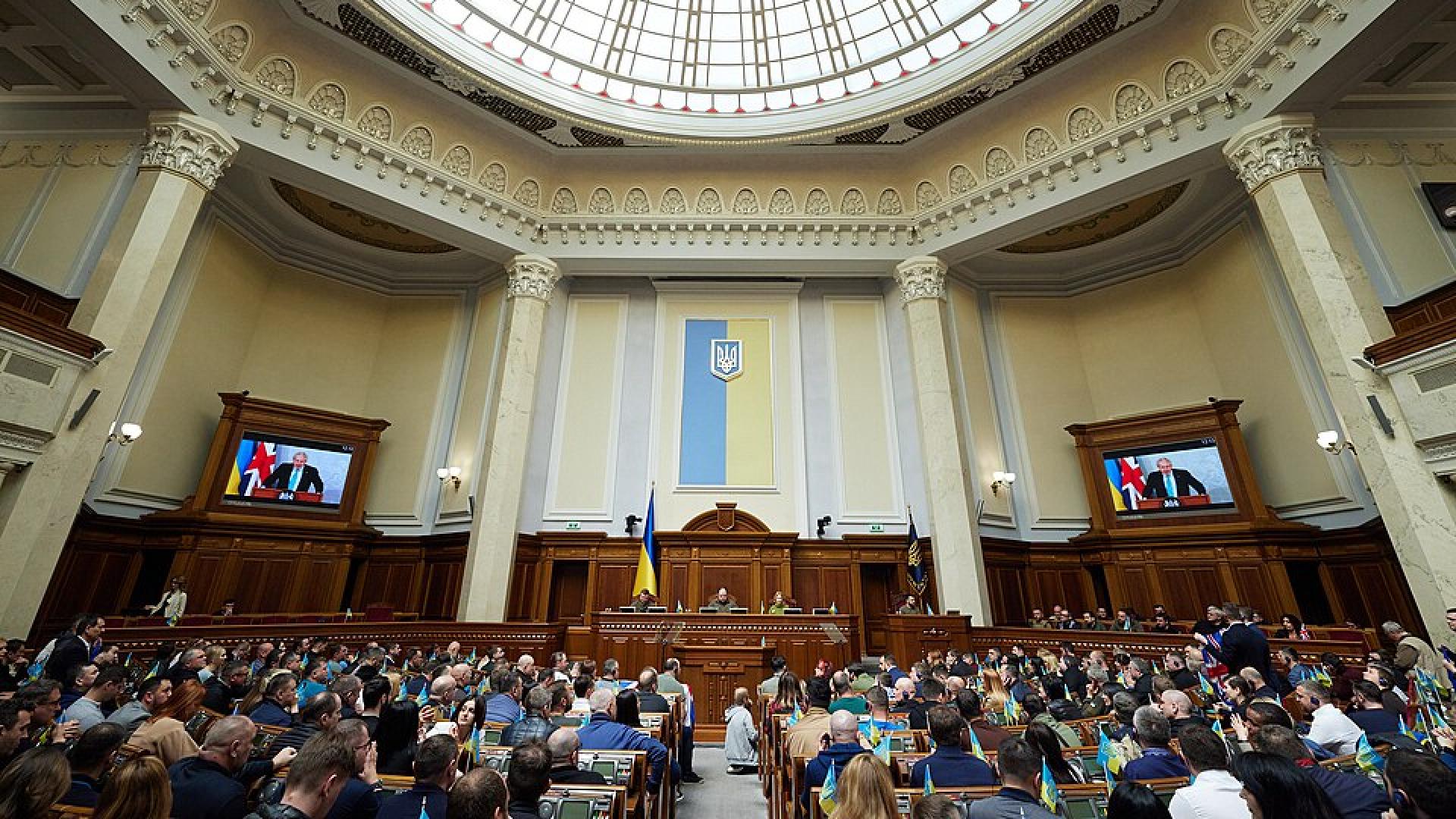
Inclusion, gender equality and women’s leadership are essential to a strong and resilient democracy. When women and men in all their diversities have equal access to political participation, economic opportunities, and decision-making processes, societies become more stable, innovative, and better equipped to address complex challenges. Ukraine’s recovery and reconstruction must tap into the lived experience of its citizens recognising that diverse perspectives and equal gender leadership lead to stronger institutions, more effective governance, greater social cohesion and better political, economic and security outcomes.
The role of gender equality in Ukraine’s recovery
Westminster Foundation for Democracy (WFD) remains committed to supporting the Ukrainian Parliament – the Verkhovna Rada of Ukraine - in advancing inclusion, gender equality and women’s leadership, as one of the pillars of democratic resilience and transformational reconstruction and recovery. As part of these efforts, in July 2025, WFD partnered with Ukrainian Members of Parliament to launch new research on the gendered impact of the Russian full-scale invasion on the priorities of MPs. The research shows that Ukrainian MPs, who play a central yet complex role in the country's recovery, hold a bold vision for the future. Despite the challenges of the ongoing war, they are united in their desire not only to rebuild Ukraine but to transform it.
Key insights from Ukrainian MPs
Ukrainian legislators emphasised the importance of women’s leadership during conflict for achieving better outcomes in defence, security, reconstruction and recovery, and peacemaking as well as for ensuring their continued political leadership in the post-conflict phase. Iryna Gerashchenko noted that Ukraine should set its own standards for ensuring women’s participation in peace negotiations, regardless of Russian practices. She also highlighted that “the concentration of power, particularly, in security and defence” must be addressed, pointing out that not a single woman currently sits on the Security and Defence Committee. MPs emphasised that recovery and reconstruction plans at the local level must be developed through consultative processes and be responsive to the diverse needs of local populations.
MPs also stressed the need to safeguard existing gender equality gains as there is a risk that gender stereotypes may worsen after active hostilities, further amplified by internal and global trends towards gender backsliding, as highlighted by Oleksii Zhmerenetskyi. They agreed that such risks must be addressed through deliberate government action, robust legislation, close cooperation with civil society organisations and the international community. Olena Shuliak highlighted that when the war is over there might be a risk that “gender quotas might be circumvented (…) as society might focus more on security and survival”. She stressed that existing gender quotas must be protected in the next elections to ensure genuine, rather than tokenistic, women’s political leadership and equal participation.
Using the example of the ban on international travel for elected officials at the local level, Iryna Gerashchenko illustrated how policies and legislation enacted under the pressure of Russian aggression require robust gender impact analyses to avoid unintended consequences - such as undermining women’s political leadership at the local level. Some elected women leaders, she noted, have resigned to leave the country and be with their families.
MPs called for a concerted effort to ensure visibility, recognition, and inclusion of “people invisible to decision-makers" such as women veterans, LGBTQ+ military personnel, internally displaced persons, and other structurally disadvantaged groups, in public debates and decision-making. Olena Shuliak further stressed that while parliament can legislate for political inclusion, gender equality and women’s political leadership, support from media and social media, local authorities, and civil society is needed for systematic change.
MP Olena Shuliak also spoke about the critical role of care infrastructure for women’s economic and political empowerment. She gave the example of women with husbands on the frontline, who are often left to care for children and families alone. With care infrastructure diminished in capacity and frequently failing to meet safety standards, women’s ability to participate in public life is severely restricted. MP Oleksii Zhmerenetskyi shared positive examples of how, under the pressure of war, some workplaces have adapted by using technology to become more accessible to women workers. He requested additional guidance and support for mainstreaming gender responsiveness into innovative parliamentary practices such as foresight.
MPs also highlighted the need to ensure that women’s role is visible and recognised by policymakers and a wider society as the discourse on war veterans remains male-dominated. Iryna Gerashchenko noted the critical roles played by women and men medics or paramedics and other frontline support workers who are vital to Ukraine’s resilience. She called for adequate support services for them after demobilisation if they are not treated as veterans. MPs stressed that the development of effective policy depend on including all genders in critical legislative debates.
WFD's continued commitment
In response to MP Olena Shuliak’s endorsement that “WFD’s report is a very good reflection of what we have now in the country, and it is a sort of roadmap for us to move ahead”, and an intension to ”take some of the finding of this report and translate them into a legislation that would support gender equality, human dignity and inclusion”, WFD stands ready to further support the Verkhovna Rada of Ukraine in advancing gender equality and inclusivity in recovery and reconstruction to contribute to strengthening Ukrainian democracy at this pivotal moment.
We thank the authors of the report Heidi Riley, Kseniya Oksamytna and Olena Sotnyk for presentencing key findings from the report. We are grateful to Ukrainian legislators Olena Shuliak, Iryna Gerashchenko, and Oleksii Zhmerenetskyi for their active participation in this event and we look forward to further cooperation. We also thank WFD’s speakers and contributors Magdalena Randall-Schab, Halyna Shevchuk, Anthony Smith, Shannon O’Connell and Chris Levick.
Download the presentation with key findings from the report.
Video: Parliament's role in Ukraine’s transformational reconstruction and recovery
Watch the recording (in English) from the event.
